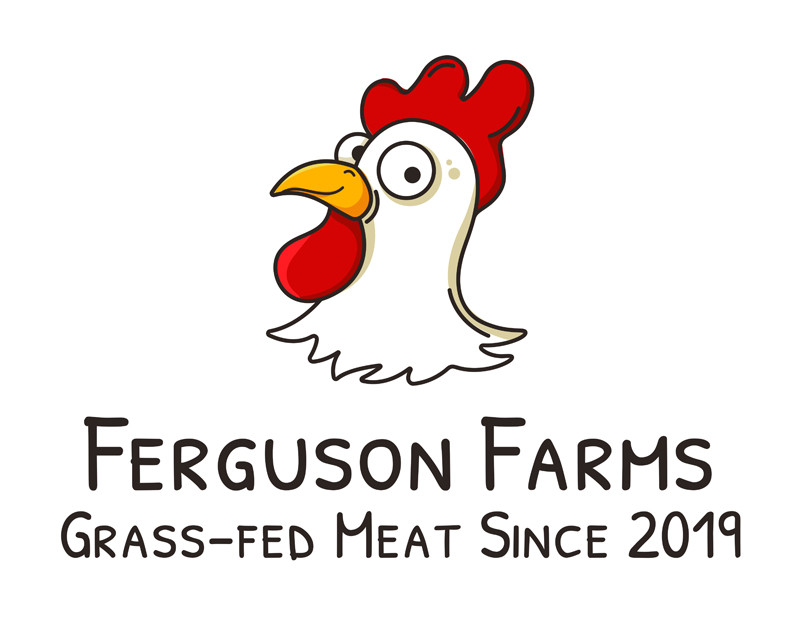What is Bone Marrow?
posted on
October 16, 2022
Bone marrow is a fatty, jello-like substance found in the core of bones. It’s a nutrient-dense and rich in energy substances that all types of animals are primarily drawn toward when they capture prey. Bone marrow fulfills many vital roles due to its high content of vitamins, minerals, essential fatty acids, and lipids (alkylglycerols). Bone marrow helps the immune system by carrying oxygen to cells in the body. It is one of the most effective remedies for the gut lining. Consuming bone marrow will help improve brain function, maintain healthy bones, support immune systems, and speed up the healing process of any injury or fracture.
UNBELIEVABLE HEALTH BENEFITS OF BONE MARROW
ESSENTIAL FATTY ACIDS
Bone marrow consists of mostly monounsaturated fat. It also contains less amount of polyunsaturated fat and conjugated linoleic acid which is known as a potent cancer inhibitor. Bone marrow is a great source of omega-3 fatty acids which is essential for the proper functioning of the brain. Bone marrow is also a good source of glycine, which is an amino used to make and repair other proteins in the body. Fatty acid deficiency can result in delayed wound healing, different types of skin problems, a weak immune system, etc.
VITAMINS AND MINERALS
One of the main qualities of bone marrow is that it contains important microelements: calcium, iron, phosphorous, zinc, selenium, magnesium, manganese, and other mineral-Laden chemicals. It also contains Vitamin A in its complete form. Moreover, in the bone marrow, these trace elements are already in the right condition and concentration for the body.
Shortage of such microelements can lead to anemia, weakening of the immune system responsible for protecting the body from infections and antigens, chronic fatigue and weakness, and development of cardiovascular and other heavy diseases. Pregnant women require a higher amount of these minerals and vitamins. Therefore, bone marrow strengthens immunity, improves the cardiovascular and renal system, stimulates hormonal secretion and sexual function of the organism, and improves memory, sleep, emotional mood, perception, comprehension, and instinctively conscious reflection of the person.
LIPIDS
Bone marrow contains alkylglycerols which are involved in the production of white blood cells in the bone marrow. They protect the body against infections and contribute to the health maintenance of cells under serious immune problems such as cancer. When a person has cancer, the level of alkylglycerols rises within tumor cells in order to control cell growth. Alkylglycerols can also be found in mothers’ milk.
If you buy conventionally raised animal products, you can end up with toxins that are normally stored in the fatty areas of bones such as bone marrow. It is essential to find bones from healthy 100% grass-fed animals such as beef, bison, lamb, and organically raised poultry.




